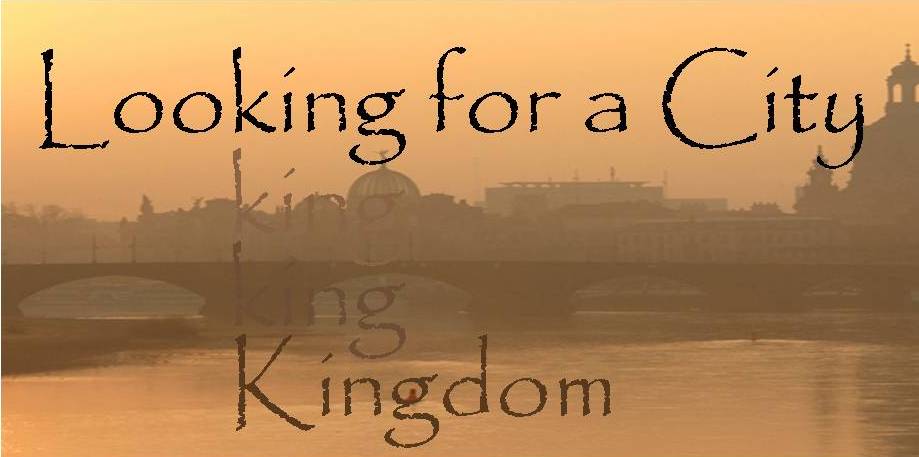"...hope is a good thing, maybe the best of things. And no good thing ever dies.” (Andy Dufresne)
“Hope” defined. Hope is favorable and confident expectation. It has to do with the unseen and the future. As a verb, hope means “to trust” (Vine’s). Our Father in Heaven would have us “hope continually” (Psalm 71:14; NKJV)
“Hope” describes. Hope is the happy anticipation of good: “in hope of eternal life” (Titus 1:2). Christ is the ground upon which "hope" is based: "Christ in you the hope of glory” (Colossians 1:27). Christ is the object upon which the "hope" is fixed: “the Lord Jesus Christ, our hope” (1 Timothy 1:1).
“Hope” daily. God is spoken of as "the God of hope,” (Romans 15:13). He is the author, not the subject of hope. Hope is a factor in salvation: “For we were saved in this hope” (Romans 8:24; NKJV). Hope finds its expression in endurance under trial, which is the effect of waiting for the coming of Christ: “patience of hope in our Lord Jesus Christ” (1 Thessalonians 1:3; NKJV). Hope is "an anchor of the soul," staying it amidst the storms of this life (Hebrews 6:18-19). Hope is a purifying power: “And everyone who has this hope in Him purifies himself just as He is pure” (1 John 3:3; NKJV).
If hope is the best of things, perhaps hopelessness is the worst of things. Those without Christ are described as “having no hope and without God in the world” (Ephesians 2:12; NKJV). Christians do not mourn over the loss of a loved one “as others who have no hope” (1 Thessalonians 4:13; NKJV). Those who “have no hope” have not experienced the “one hope” of Ephesians 4:4. They have not experienced Jesus.
“Blessed be the God and Father of our Lord Jesus Christ, who according to His abundant mercy has begotten us again to a living hope through the resurrection of Jesus Christ from the dead…” (1 Peter 1:3; NKJV).
Jason


